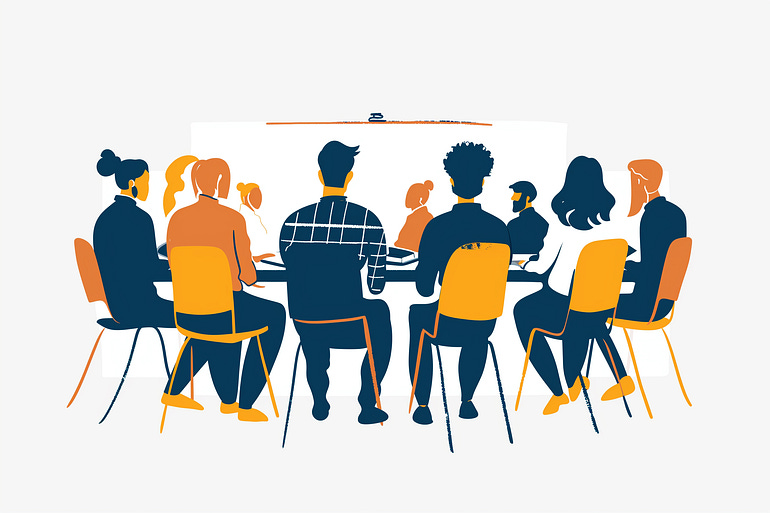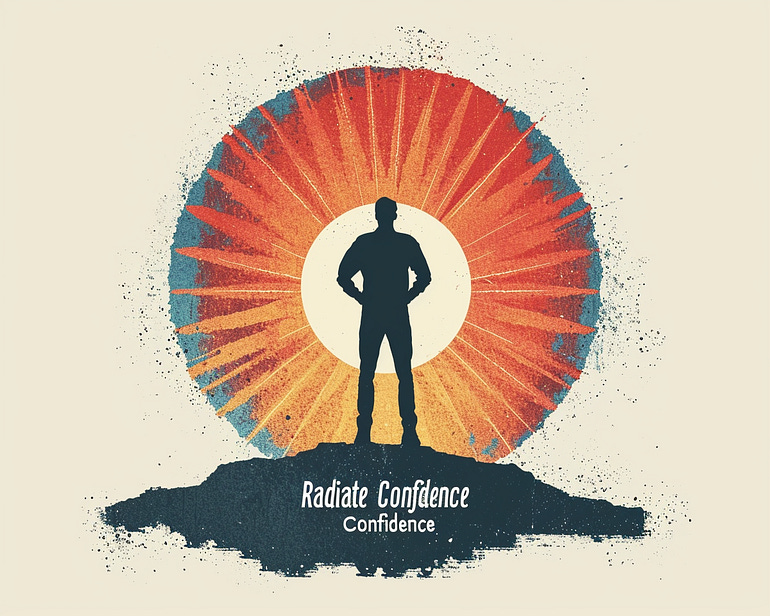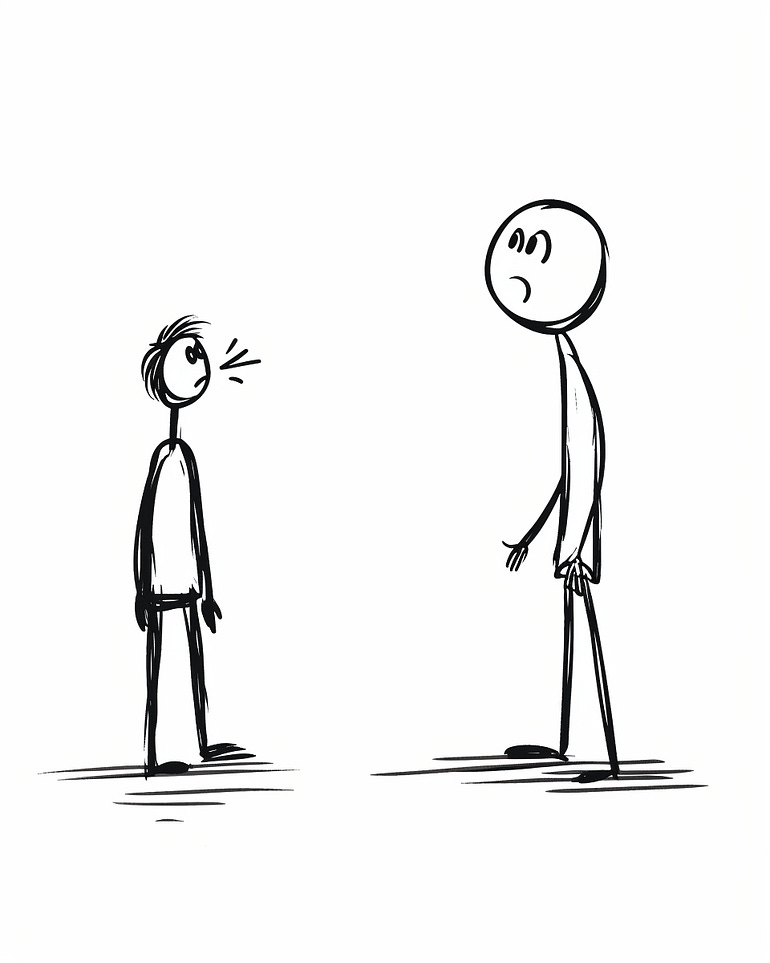Loud and Wrong? The Surprising Truth About Who We Listen To
Babble Effect and why intorverts are often ignored.
In Harvard Business School class, students are given a project that is called Subarctic Survival Situation.
What do they have to do in this project?
They work in groups and imagine that their plan just crashed in a snowy wilderness with just 15 items to salvage.
The challenge? Rank these items by the importance for survival.
Meet Don Chen
Don Chen is a student who involved in this project. He is an introverted student who like most introvert, tend to be quiet.
But he noticed something intriguing during the discussion. While most students confidently debated priorities, one quiet member made a suggestion that was largely ignored.
But unknown to the others, this silent participant had extensive real-world outdoor experience.
What happened here? Why is that quiet student are ignored?
It is humane actually. There is this tendency for us to listen more to those who speak up frequently. This phenomenon is called “Babble Effect”
What is Babble Effect?
The Babble Effect refers to how talkative people in discussions are often seen as more competent or influential, even if their input isn’t necessarily better.
In this case, the group paid more attention to vocal members, potentially leading to suboptimal decisions. In other words, babble effect is our tendency to assume that confidence is equal to competence.
You’ve probably witnessed this at work or school. It shows how crucial it is to consider ideas from all group members, including the quieter ones.
The Fox and The Hedgehog
Tetlock classified these experts as hedgehogs (confident simplifiers) and foxes (cautious thinkers). Foxes make better predictions but are often overlooked because they’re quieter.
This concept is strongly related to introverts and extroverts. Introverts, who prefer to listen to speaking, will likely have their ideas ignore.
Vocal extroverts on the other hand, will be likely heard often even if their ideas are necessarily better.
Why? It goes back to Babble effect. Those who speaks often and confidently will be viewed as a competent person.
While those who spend most of the time being quiet are often overlooked.
Why does this happen? Because there is this societal tendency to equate confidence with competence.
But confidence is not competence as found by Professor Tetlock.
Extrovert have the upper hand
In many social and professional settings, extroverts naturally excel due to their vocal presence and confidence.
This often leads them to be perceived as more competent and influential, even if their ideas aren’t necessarily the best.
The Babble Effect explains this advantage, where those who speak up more are often trusted and followed, while quieter introverts may struggle to have their ideas recognized, despite their potential value.
In a world that often rewards loudness, extroverts undeniably have the upper hand.
What should introvert do then?
While vocal extroverts often have the upper hand due to their confidence and loud voice. remember this:
An empty barrel makes the most noise.
This means that those who talk the loudest or most frequently often have the least substance to offer.
Your quiet nature is not a weakness. As a matter of fact, it is a strength. You spend time thinking deeply, and that depth gives your ideas weight and value.
Be confident and speak up when it matters. Trust that your thought worth sharing. This world needs wisdom from quiet reflection not the loudest voice in the room.
Thank you for reading.








